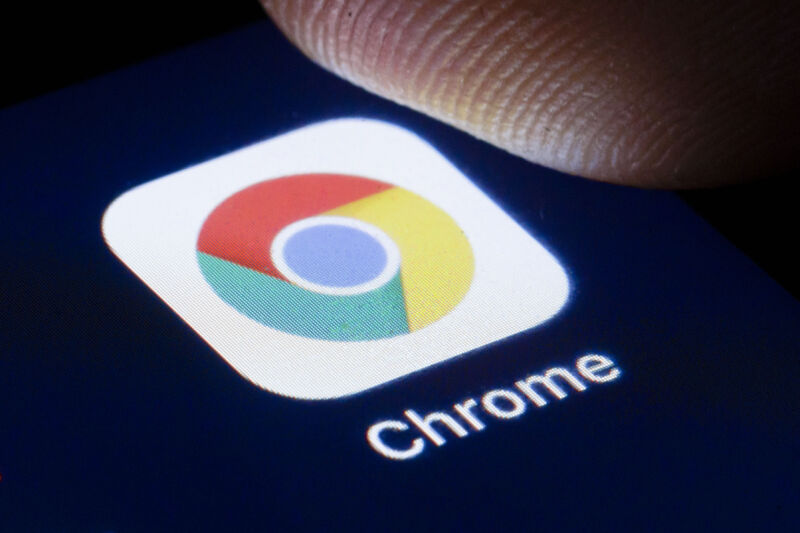
Apple is making significant alterations to iOS in Europe due to the European Union’s “Digital Markets Act”. These changes are intended to address concerns about Big Tech’s control over “gatekeepers”, fairness, and privacy. One of the changes Apple is implementing in iOS 17.4 is to allow competing browser engines, such as Chrome and Firefox, to bring their web-rendering code to iPhones and iPads. Despite these apparent major changes to the iOS browser, Google and Mozilla are expressing discontent with Apple’s proposed adjustments. Mozilla’s spokesperson, Damiano DeMonte, criticized Apple’s policy change, stating that the ban on the BrowserEngineKit for specific EU applications would force browsers like Firefox to maintain two separate interfaces, which Apple should not require. DeMonte emphasized that Apple’s proposal obstructs consumer choice and creates barriers to competition for browsers on iOS. Another search engine, “BrowserEngineKit”, already has public documentation as part of the iOS 17.4 beta. However, browser developers will need Apple’s permission to utilize the framework in a production app, and will need to comply with various requirements, such as maintaining a certain level of internet support, addressing security threats, and protecting user privacy. Additionally, the BrowserEngineKit software is only limited to the EU, as EU laws exclusively apply within the region. Google’s VP of Chrome engineering, Parisa Tabriz, supported Mozilla’s viewpoint, stating that Apple’s approach is overly restrictive and may not support the actual choice of browser developers. Currently, users can download browsers that appear as “alternatives” to iOS, such as Chrome and Firefox. However, these browsers essentially operate on top of Apple’s Safari engine, with a new user interface and settings. Furthermore, iOS developers are not permitted to integrate their own browser engines; therefore, all browsers utilize the Safari WebKit engine, including its defaults and support options. This limitation has led to Safari being criticized by web developers as being behind the competition in supporting advanced web tools, though it has improved in recent years. Google’s Chrome browser is recognized for its resources and reach, which could enable it to effectively compete with Safari. Nonetheless, Chrome comes with a tracking system for users’ preferences, while Safari is known for its better privacy policy. Although only EU users have the option to choose from different browsers, the competition in the EU browser market should ultimately benefit all iOS users globally. The EU regulations have set a deadline of March 2024, which marks the release of iOS 17.4. Both Google and Mozilla have been developing full versions of their iOS browsers for over a year, and they may be ready for installation by then.
Google and Mozilla Disapprove of Apple’s New iOS Browser Regulations












